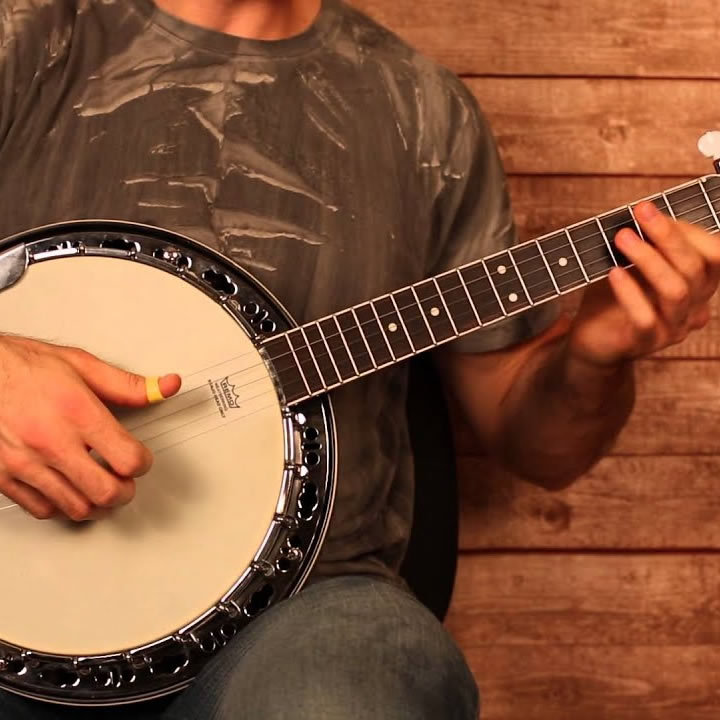It has always been said that music soothes the beast, but do you know the real benefits it has to combat stress?
We can use music as a vehicle for bodily relaxation and stress relief, either by playing an instrument or listening to some melodies. I tried this myself with some easy-to-learn beginner banjo songs and I have to say – the results surprised me! I became much more focused and looked forward to the challenge of mastering each song.
A recent study by the University of Vermont College of Psychiatrists on “the effects of playing an instrument on brain development” has shown numerous beneficial effects of music on people, which we summarize below:
Calms stress and reduces aggressiveness and anxiety
Music is a natural tranquilizer, it relaxes those who listen and practice it, and it has been shown to lower blood pressure.
Increase your intelligence
Playing an instrument increases cognitive performance (memory, language, and spatial intelligence).
Improve language and coordination skills
For this reason, more and more specialists recommend the musical practice for both children and adults, especially if they have a problem such as dyslexia.
It favors discipline
The people who practice it are more organized, committed, and patient.
Expand your social relationships
Because music improves the mood, contact with others becomes more pleasant for an instrument player.
Say goodbye to your fears
Playing an instrument gives you greater security, which helps to overcome shyness and fears, and playing in public can help you face and overcome stage fright.
Increase your reflexes and dexterity
Acquiring musical knowledge increases your reflexes and skills when doing other activities.
The investigation was led by Dr. James Hudziak. Experts analyzed the MRIs of 230 subjects between the ages of 6 and 8 years old to look for cognitive alterations in their cerebral cortices, where the activity of neurons is related to problems such as depression, difficulty concentrating, anxiety, loss of impulse control, and aggressiveness.
In addition, playing an instrument encourages consistency and discipline, since learning to play an instrument is a challenge that requires constant practice and patience; these elements also tend to become part of the person’s daily life.
They also detected changes in the part of the cerebral cortex linked to “working memory, organization, and planning, the processing of emotions and the inhibition of aggressive impulses.” These changes allowed Hudziak to summarize the research and its results in one idea: “The practice of a violin can help a child with psychological disorders much more than a bottle of pills.”
On the other hand, there are some more medicinal properties that music and its practice provide in our lives
- It helps to treat eating disorders since it contributes to better development of the area involved in motivation, pleasure, and reward.
- Strengthens our immune system.
- Facilitates cooperation and affective ties between people.
I encourage you to choose an instrument and practice it to obtain all the benefits it can bring you, especially if you suffer from stress.

